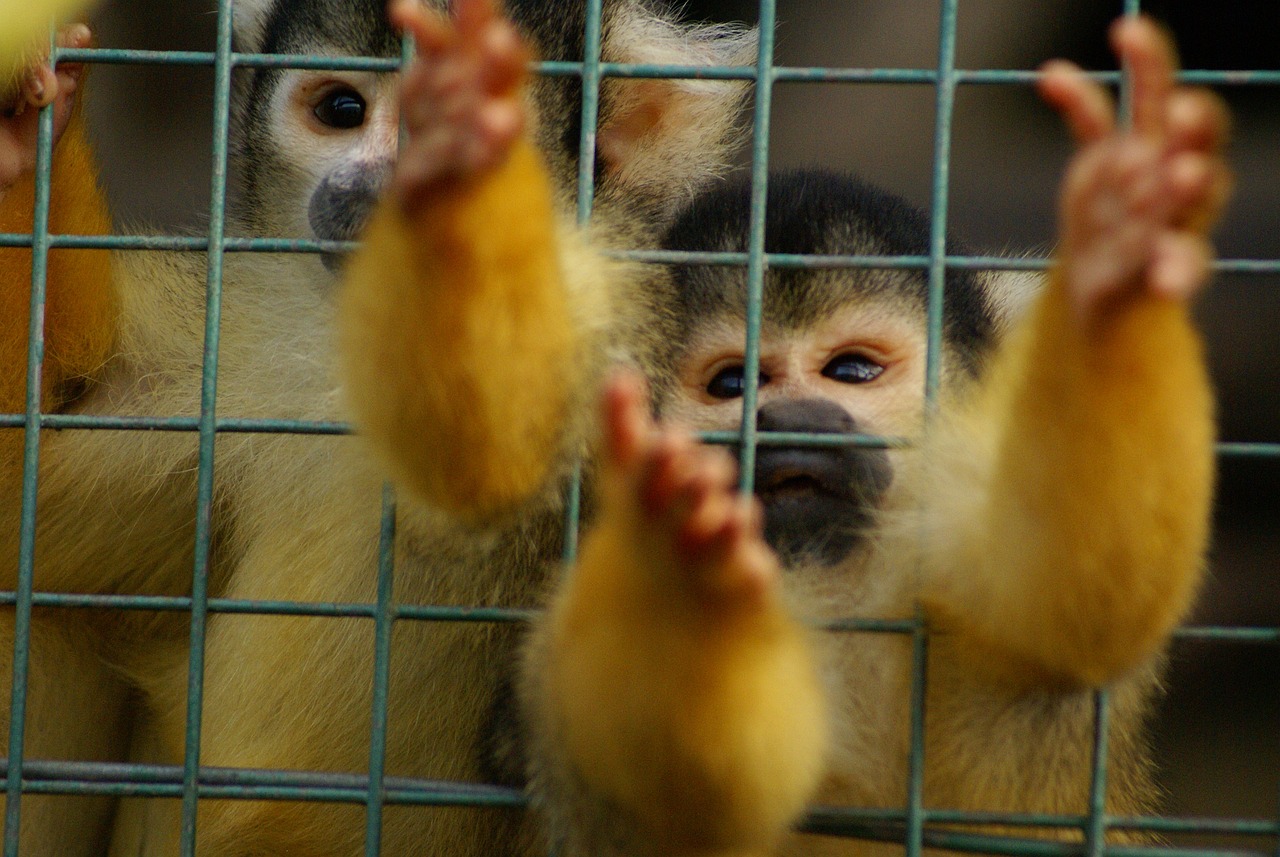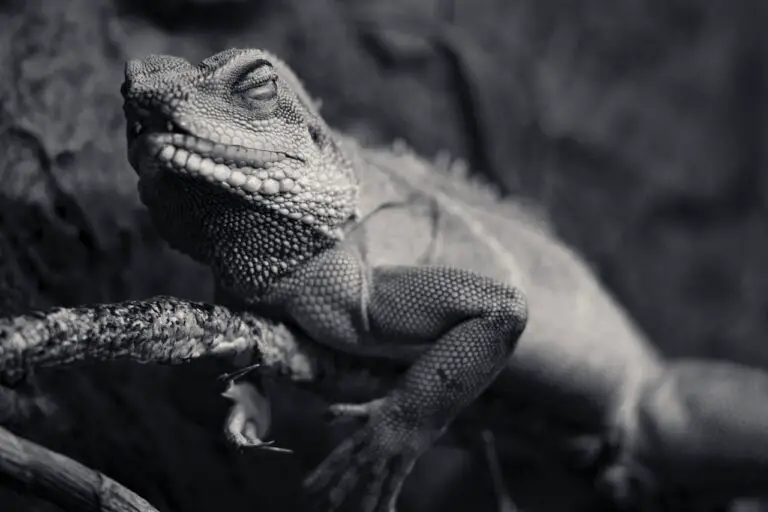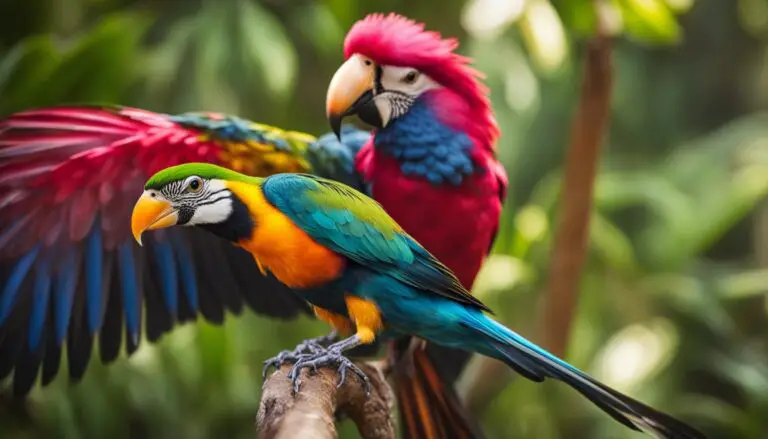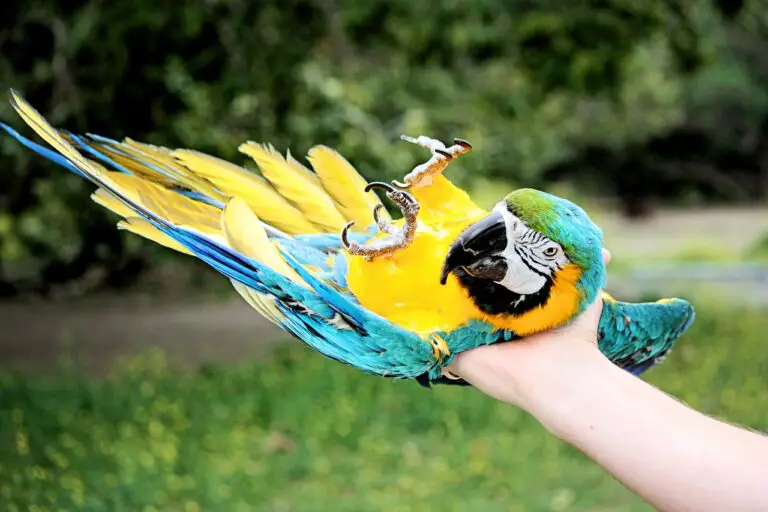The Dark Side of the Exotic Pet Trade
The exotic pet trade is a booming industry that generates billions of dollars in revenue worldwide.
However, the trade has a dark side that often goes unnoticed.
Many exotic animals are poached from the wild or bred in captivity under inhumane conditions to meet the demand for unique and unusual pets.
This article will explore the dark side of the exotic pet trade, including the impact on wildlife populations, the welfare of exotic animals, and the risks to public health and safety.
Impact on Wildlife Populations
The exotic pet trade has a significant impact on wildlife populations, particularly in developing countries.
Many exotic animals, such as parrots, reptiles, and primates, are poached from the wild to meet the demand for pets.
This practice not only threatens the survival of endangered species but also disrupts ecosystems and can lead to the spread of invasive species.
Furthermore, the trade in exotic pets often fuels the illegal wildlife trade, which is the fourth most lucrative illegal activity in the world after drugs, arms, and human trafficking.
Inhumane Treatment of Exotic Animals
The welfare of exotic animals in the pet trade is often overlooked, and many animals suffer from inhumane treatment.
Animals are often housed in small, unsuitable enclosures and are deprived of adequate nutrition, socialization, and veterinary care.
The conditions in which exotic animals are kept can also lead to the spread of disease, which can be detrimental to both the animals and humans.
Risks to Public Health and Safety
The trade in exotic pets poses risks to public health and safety.
Exotic animals can carry zoonotic diseases, which can be transmitted to humans, which include:
- Rabies
- Blastomycosis
- Trichinosis
- Cat Scratch Disease (bartonella henselae)
- Coccidiomycosis (valley fever)
Moreover, exotic animals are often unpredictable and can pose a threat to public safety.
For example, large carnivores such as tigers and lions have been involved in attacks on humans in captivity.
The Legal Framework of the Exotic Pet Trade
The legal framework governing the trade in exotic pets varies widely from country to country.
Some countries have strict regulations on the ownership of exotic animals, while others have few or no regulations.
Moreover, the enforcement of regulations can be challenging, and many animals are still traded illegally.
The Convention on International Trade in Endangered Species (CITES) is an international agreement that regulates the trade in endangered species, including many exotic pets.
However, the effectiveness of CITES has been questioned, and some argue that the trade in exotic pets should be banned altogether.
Alternatives to the Exotic Pet Trade
There are alternatives to the exotic pet trade that are more sustainable and ethical.
Adopting domesticated animals from animal shelters is a great way to provide a loving home for an animal in need.
Furthermore, zoos and aquariums can provide a safe and educational environment for people to learn about exotic animals and their natural habitats.
Conclusion
The exotic pet trade has a dark side that is often overlooked.
The trade not only threatens the survival of endangered species but also poses risks to public health and safety.
Furthermore, many exotic animals suffer from inhumane treatment in captivity.
While there are alternatives to the exotic pet trade, it is essential to raise awareness about the issues surrounding the trade and to promote sustainable and ethical alternatives.
FAQs
Why is the exotic pet trade so popular?
The exotic pet trade is popular because of the demand for unique and unusual pets. Many people want to own a pet that is different from the norm.
Is it legal to own exotic animals as pets?
The legal framework governing the ownership of exotic animals varies from country to country.
Some countries have strict regulations on the ownership of exotic animals, while others have few or no regulations.
In the US, it’s generally legal to own an exotic pet, although it depends on the kind of exotic animal – e.g. you can own a monkey as a pet in South Carolina but not a lion.
What are the risks of owning an exotic pet?
Exotic animals can carry zoonotic diseases, which can be transmitted to humans.
Moreover, many exotic animals are wild animals and can be unpredictable, posing a risk to public safety.
Can exotic animals be properly cared for in captivity?
While some exotic animals can thrive in captivity, many require specialized care that can be difficult to provide in a home setting.
Furthermore, many animals suffer from inhumane treatment in captivity, which can have negative impacts on their physical and mental health.
What can I do to help stop the exotic pet trade?
You can help stop the exotic pet trade by spreading awareness about the issues surrounding the trade and promoting sustainable and ethical alternatives.
Furthermore, you can support organizations that work to protect endangered species and regulate the trade in exotic pets.
Peter Stones is the founder of Exotic Pets Place, the leading online resource for exotic pet care information.
With over 10 years of hands-on exotic pet ownership experience, he is deeply passionate about sharing his expertise to help others properly care for their unusual pets.
When he's not writing extensively researched articles or connecting with fellow exotic pet enthusiasts worldwide, you can find Peter at home tending to his own beloved menagerie of exotic animals.







